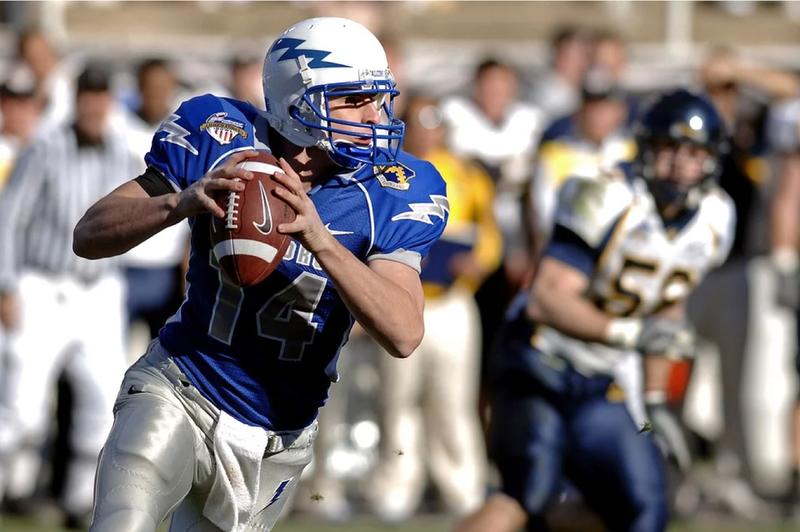Mental Tips for Coming Back From Sports Injury

There are many disadvantages to playing sports, including potential injuries, time commitment, bullying, delusions about the future, strained relationships, inflated egos, poor self-esteem, expense and intense pressure. Many of them affect both children and adults, and they may impact both professional athletes and those who play amateur sports.
Injuries
Physical injuries are one of the most-cited disadvantages of playing sports, no matter the athlete's age, sport or ability level. They can come from not warming up, overuse of a body part, impact during play or poor training. Physical injuries may be as minor as a small bruise or a pulled muscle or as severe as a concussion or a broken bone. The damage can last for a few minutes or it can have a permanent impact.
T ime Commitment
Sports typically require a large time commitment, which may leave the athlete with little time for other activities. Practices, training, team meetings, games, meets, matches and sometimes even traveling may be involved. Children who play sports may find that they fall behind on schoolwork or can't spend time with their friends, while adults may not have as much time for responsibilities at work and home.
B ullying
While playing sports can teach children and adults many positive lessons, it can also lead to negative behavior, like bullying. Sometimes it comes from a coach who berates and belittles his or her athletes. Sometimes it comes from one team to another, or even from an athlete towards an umpire or referee. Over time, bullying may turn into more aggressive physical behavior, like fighting.
D elusions About the Future
Delusions about the future typically apply to children, teens and young adults. For example, a young person may be a superior athlete in high school, so they ignore their studies in favor of training, assuming they'll become a professional. If they don't become a pro, they may not have the skills or education to succeed beyond the field.
S trained Relationships
Playing sports can build relationships, but it can also put a strain on them. Friends who play against each other may become too competitive. People who devote a great deal of time to their sport, such as those training for the Olympics, may not have much spare time to spend with friends and family.
I nflated Egos
If a person is a good athlete, it may inflate his or her ego or make them feel superior to others. From childhood through adult professional leagues, good athletes are often put on a pedestal by the people around them and society as a whole. This can affect the athlete's personality in a negative way and affect his or her relationships with others.
P oor Self-Esteem
Sports may also have the opposite effect, especially in children and young people. When an athlete doesn't score a touchdown or win a match, he or she may feel as if they aren't good enough or let others down with a poor performance.
E xpense
Unless the athlete is a paid professional, sports can be expensive. The cost of equipment, uniforms, travel, gym memberships, trainers and lessons add up quickly.
I ntense Pressure
No matter the person's age or playing level, the drive to win is a big part of sports. While competition can foster positive traits, it can also have a negative effect. Athletes may feel like they let others down if they don't win a game. Not only does that affect self-esteem, but this pressure can lead to destructive behavior, like drug abuse.
MORE FROM REFERENCE.COM
Mental Tips for Coming Back From Sports Injury
Source: https://www.reference.com/world-view/disadvantages-playing-sports-9bec40f151113d90?utm_content=params%3Ao%3D740005%26ad%3DdirN%26qo%3DserpIndex
0 Response to "Mental Tips for Coming Back From Sports Injury"
Postar um comentário